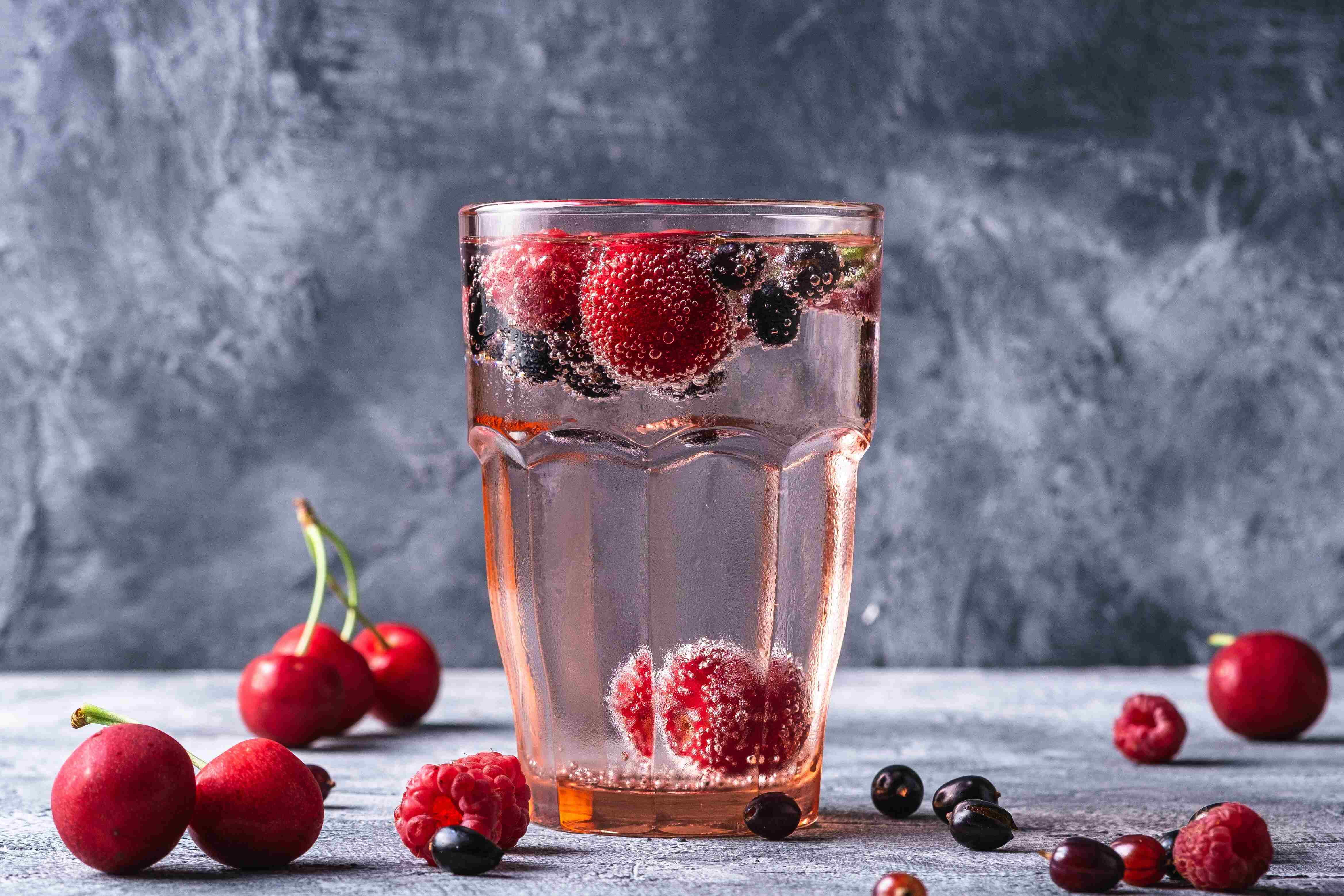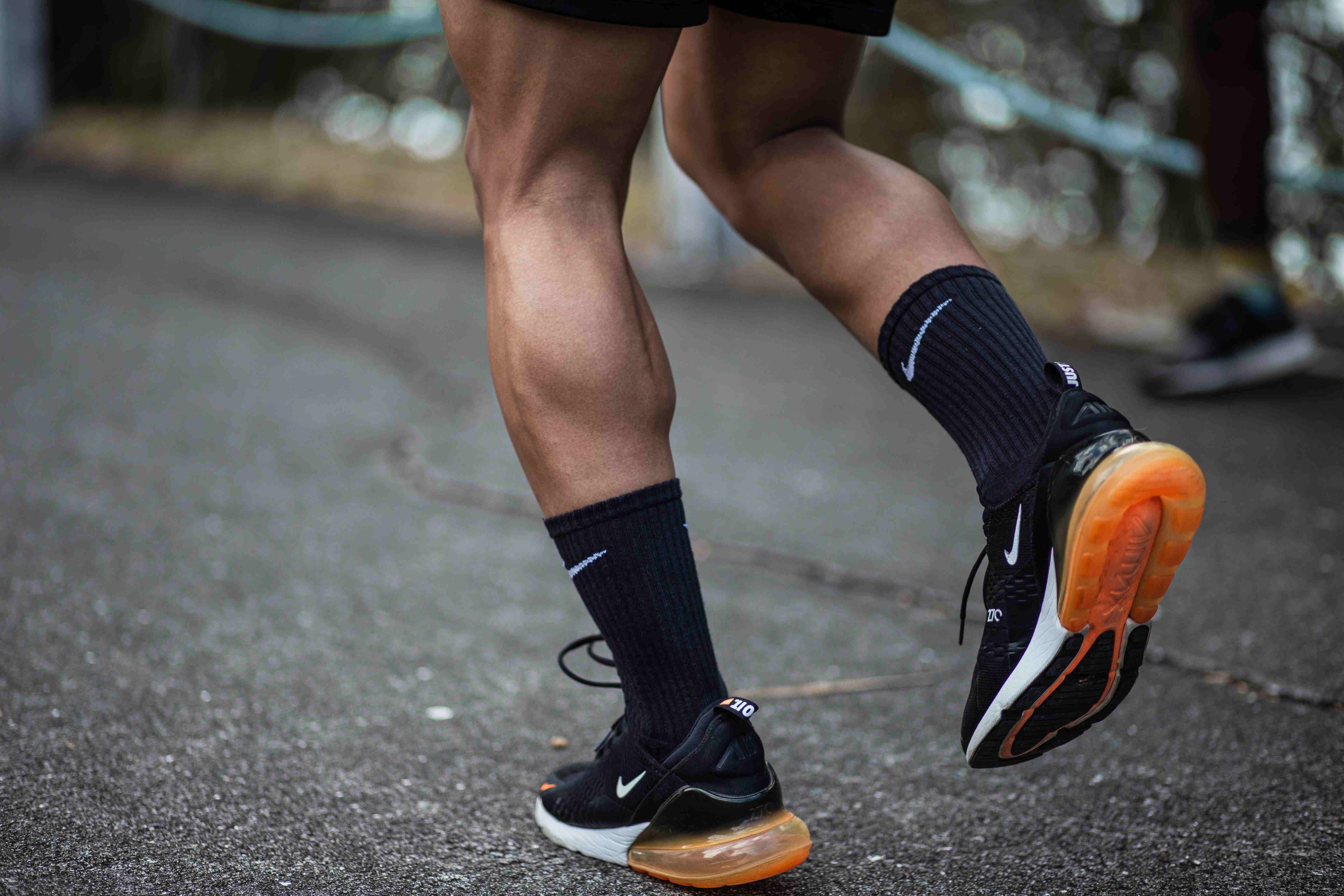Zoe Bingley-Pullin’s guide to eating right for race day
By Cure Cancer Team | 7 July 2023
Nutritionist, chef and media personality Zoe Bingley-Pullin shares her nutrition tips to help you get the most out of your training.

Zoe Bingley-Pullin is a nutritionist, chef, media personality, and founder of Nutritional Edge, a Sydney-based nutritional consultancy company.
As a Cure Cancer Ambassador and nutritionist, Zoe Bingley-Pullin’s support of cancer research is spurred by “seeing first-hand the effects of cancer on not only those going through it, but also family and friends supporting loved ones in those confronting times.”
“As a nutritionist, I am passionate about educating and encouraging others to create a healthy foundation and positive frame of mind so they can tackle anything that life throws their way,” she says.
Zoe has run for Cure Cancer at the City 2 Surf, an iconic 14km fun run that takes runners from the bustling streets of the CBD to the stunning views of Bondi Beach.
“My training involved running a few times per week, including beach runs to build up my endurance. I will combine this with Pilates to help strengthen my muscles. Diet wise, I will focus on eating a wide range of healthy complex carbs at each meal to help refuel and give my body the necessary energy to support me during my training sessions.”
As a special treat, she shares her top nutrition tips to help you get the most out of your running training by eating right.
1 month before race day

During winter, you can try adding fruit to water to keep up with your hydration.
Hydration
It’s important to be mindful of staying hydrated both on the day of the event and during the lead up to race day. Make sure you’re assessing your water intake and that you’re having at least 2.1L of fluids daily for women and 2.6L for men.
During winter, it can be harder to consume water, so you can substitute it with comforting herbal teas (non-caffeinated), broths and even water with added fruit to make it more appealing to drink.
Training snacks
To help you perform better during training, always eat a pre-run snack that is rich in carbs but won't weigh you down, such as some dates or a banana.
Refuelling post-run
Post-run, make sure you refuel with a mix of complex carbs, protein and healthy fats, such as the following delicious energy-boosters:
- Wholegrain toast with egg and avocado
- Brown rice salad with tuna and avocado
- Muesli with Greek yoghurt and fruit
- Salmon, Greek salad with quinoa mixed through
- Roasted chickpeas and a piece of fruit
- Wholemeal or legume pasta with pesto, chicken and greens
1 week to go

Zoe Bingley-Pullin
One week before race day, make sure you are eating adequate carbs to restore your glycogen levels post-training.
Continue eating a healthy diet, pre-workout snack and post-workout refuel, as well as keeping in mind your hydration and if you can help it, avoiding big, boozy nights out.
1 day before race day

A bowl of muesli with Greek yoghurt and fruit can be a delicious way to refuel post-training and is a great option to start your morning on racing day.
- Take note of your carb intake and have a serving of carbs at each meal, but not too much fibre towards the end of the day as this can weigh you down. Good choices include sourdough bread, quinoa, white rice, fruit, and white potato.
- Avoid too much fatty food as it can weigh you down.
- Avoid too much fibre and veggies that may cause bloating.
On the day

If you have to wake up early for race day, have a light breakfast containing a good source of carbs that isn’t heavy on the stomach, such as toast with a thin spread of nut butter or a small portion of muesli with coconut water and fruit.
If you prefer not to eat breakfast pre-race, just stick to dates or a banana.
Post-race: The benefits of magnesium

Magnesium can help to reduce muscle fatigue and cramping post-run.
Apart from stretching and a proper warm down, magnesium is a great tool for reducing muscle fatigue and cramping.
You can add magnesium powder to smoothies or stick to foods that are rich in magnesium. These include almonds, cashews, leafy greens, cocoa, seeds and wholegrains.










